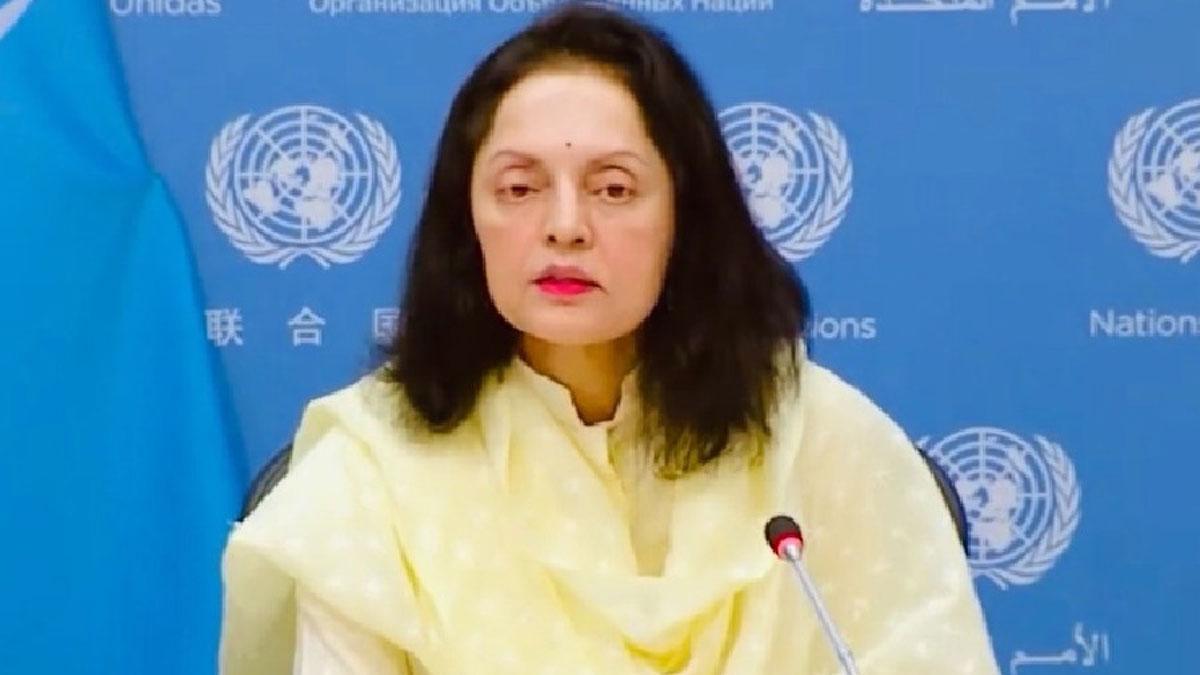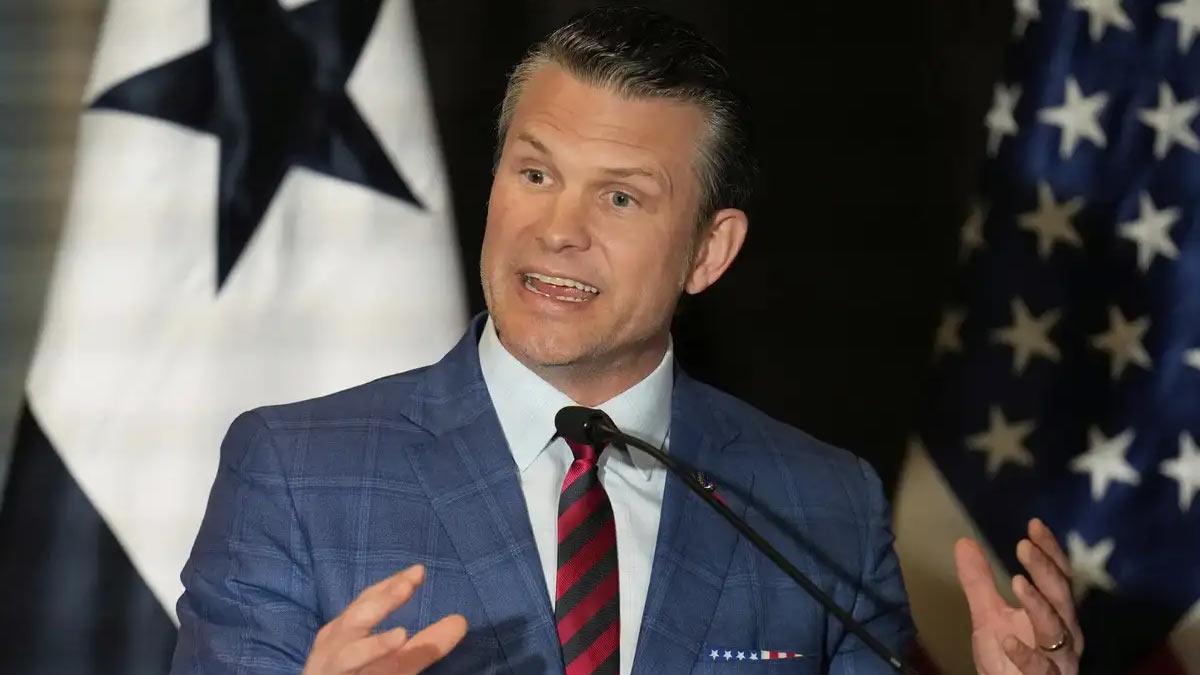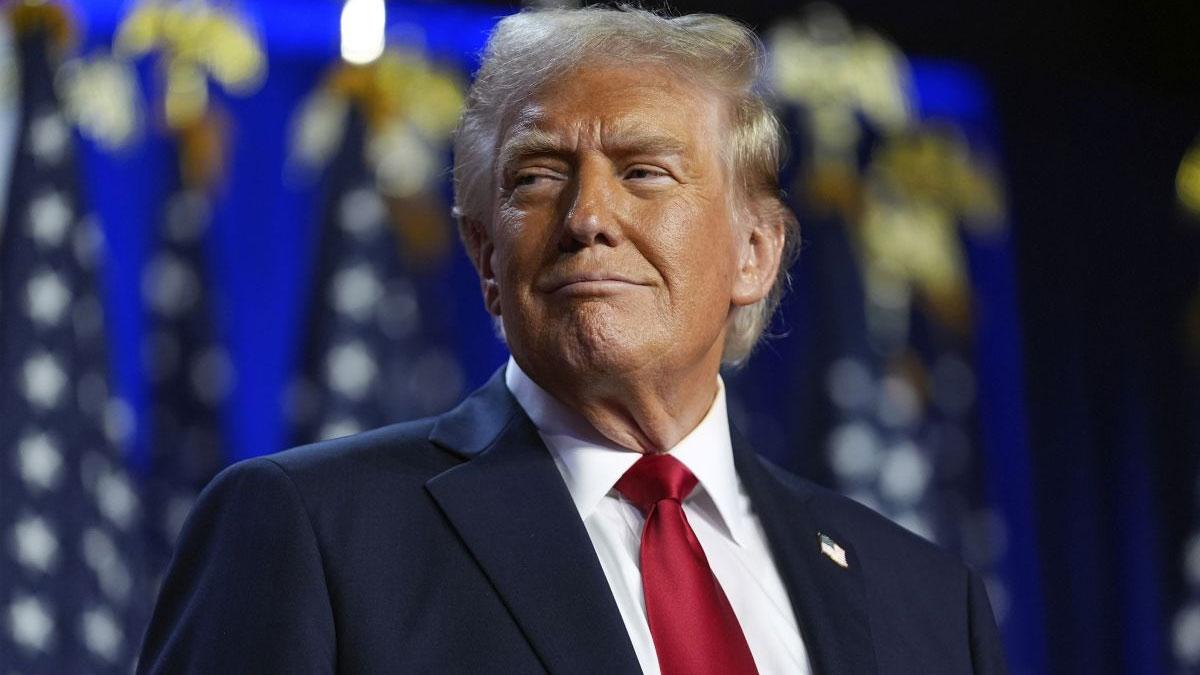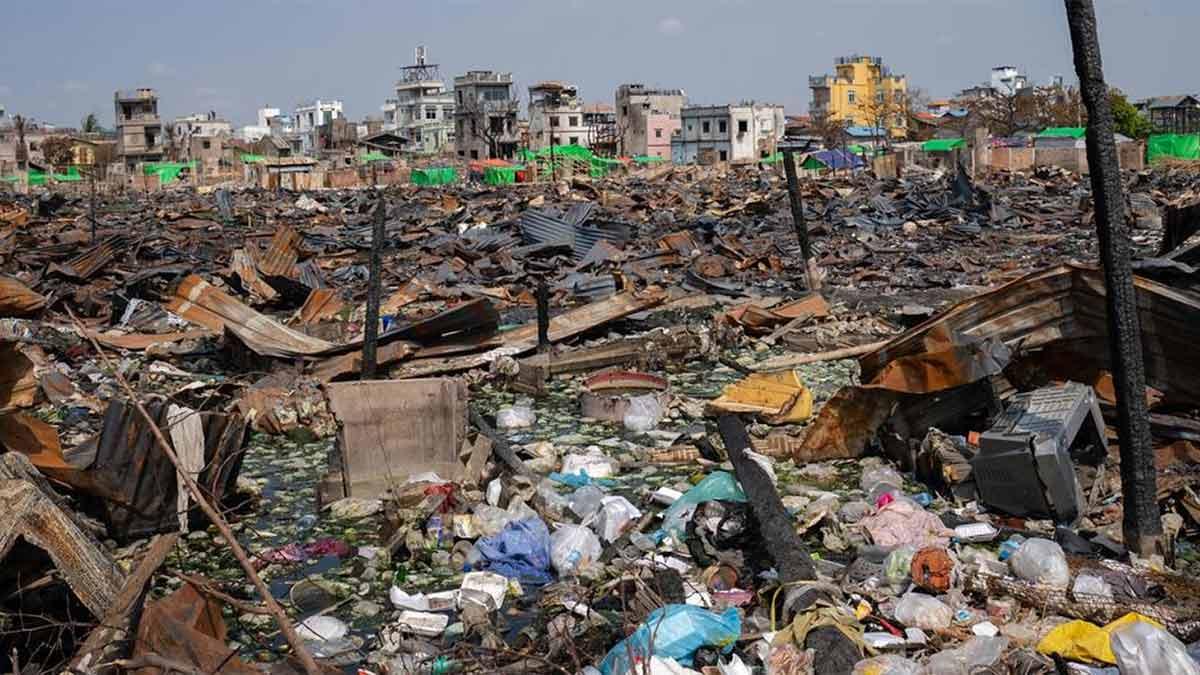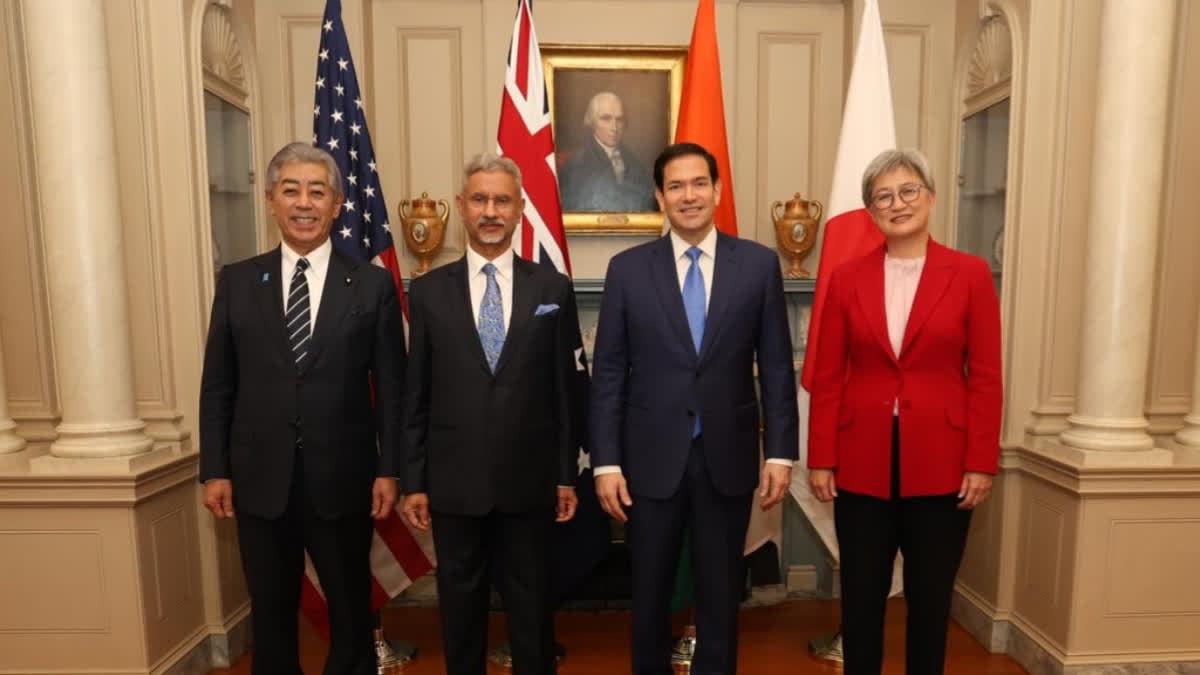India has cited what it calls "disguised vetoes" in UNSC sanctions committees. The Permanent Representative to the United Nations, Ruchira Kamboj, from India, underlined the need for the United Nations Security Council to introspect its functioning to resolve the mounting challenges. Kamboj, while addressing the UN General Assembly session commemorating the second anniversary of the 'Veto Initiative', said that the working methods of the Security Council often hide the veto. She said that some members of the council exercise holds and blocks without being accounted for, especially on matters concerning the listing of Pakistan-based terrorists under the 1267 Al Qaeda Sanctions Committee.
The reference seemed to be aimed at China, famed for its repeated holds on proposals presented by India and its allies regarding such designations. Kamboj also underlined the need to address the opacity surrounding the Council's functioning and opined that consensus should be forged instead of blaming games.
In further depth, Kamboj pointed out the common desire of UN Member States for reform, the need for a Security Council that is more representative of modern realities. She criticized the Council's binary constitution, reminiscent of Cold War-era dynamics, which deters decision-making on matters of importance concerning global issues. Reform would see a larger council, which includes countries like India, Brazil, Germany, and Japan, collectively referred to as the G4. This increase in permanent members will add to the council's legitimacy and effectiveness in combating contemporary geopolitical challenges.
Secondly, she criticized certain members of the Intergovernmental Negotiation process on UN Security Council reform for hindering the process by not allowing for any substantial text to be tabled, thus stunting meaningful negotiations.
It speaks to India's firm position on reforming the Security Council, insisting on a structure that reflects the realities of the 21st century. India has pushed a structured proposal through the G4 framework to redefine the council for meeting global challenges and doing collective decisions more inclusionary.
Read also | Kremlin: US Aid to Ukraine Won't Shift Frontline Dynamics

